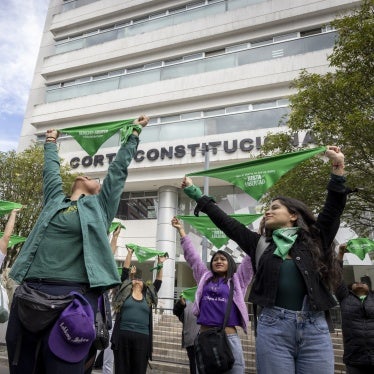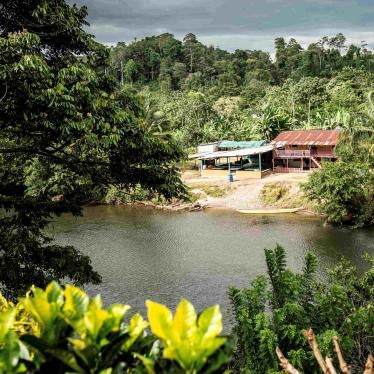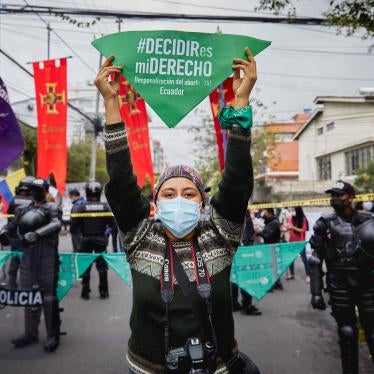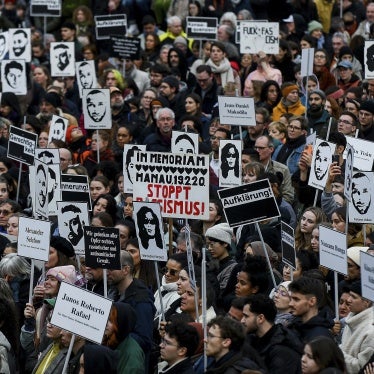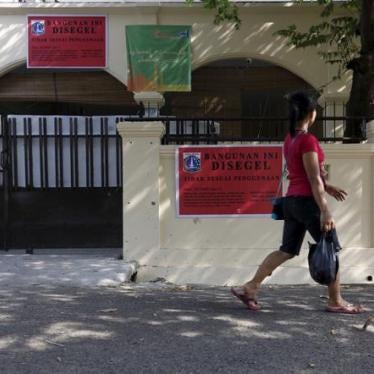Brazil is famous for its Carnival, the celebration before the morning-after solemnity of Lent that conjures up images of parades and samba pageants, with wildly celebrating participants from all over the world. A thriving tourism industry feeds on those images of free sexual expression during Carnival. But the mornings after can sometimes yield unwanted consequences.
Brazil, the largest country in Latin America, is often characterized as having a progressive social environment. However, for many Brazilian women facing the consequences of unintended pregnancy, at any time of year and for any reason, what appears to be a progressive environment is not always the reality. In fact, where reproductive health is concerned, many Brazilian women face the many mornings after without the reproductive services they need.
A progressive environment for women not only means freedom to make social contacts but also access to up-to-date sexual education and information, to contraceptives and condoms, protection from violence, and access to quality healthcare services, including legal abortion and post-abortion care. The state has the obligation to provide these services as basic elements of the right to information, health, autonomy and dignity.
Brazil has legal abortion, but only under very limited circumstances. Even then under pressure from the Roman Catholic church and other conservative groups, some states and municipalities have recently started making it even harder for women to get reproductive health care and limiting contraceptive options -- including by increasing prosecutions under existing laws.
For women everywhere, abortion is a regrettable but necessary medical intervention, and statistics from around the world demonstrate that women get abortions even when they don't have access to safe and legal procedures. These days, some women are able to get safe abortions using pills, even where they are not legal. But many clandestine abortions are unsafe, can permanently damage a woman's health or even be fatal.
The number of legal abortions in Brazil has been steadily rising since 2003, according to data provided by the national Ministry of Health. In 2007 there were 2130 medical and legal abortions registered in all of Brazil. By November of 2008, there were 3053 legal abortions on record -- at least a 43 percent increase. And in the next months, the Brazilian Supreme Court is to decide whether abortion in cases of anencephalic pregnancies, where the fetus has no brain and is not viable, will be legally permitted as well.
That is a hopeful sign, but according to expert medical opinion and statistical estimates, far fewer legal abortions are performed in each year in Brazil than would be expected for a country of its size. About one million women are estimated to receive clandestine abortions each year in Brazil. Not surprisingly, those who suffer the complications of unsafe abortions are often girls and women with fewer financial and educational resources.
Rebecca Cook, a law professor at the University of Toronto who has written extensively about reproductive health law, writes that "laws limiting access to abortion services do not reduce the number of abortions, only their safety." In these circumstances, women often face a choice between unsafe abortion practices and providers, or carrying to term an unwanted, forced pregnancy with potentially profound repercussions for the rest of their lives.
A recent resurgence of police raids of alleged clandestine abortion clinics and prosecutions of its clients and providers, to enforce old criminalization laws, are a throwback to an era not worthy of a modern democracy. These raids have been creating an atmosphere of fear and intimidation among some healthcare providers and women seeking healthcare services, according to reports received by Human Rights Watch.
Widely publicized reports of these police raids, combined with the Supreme Court debates, legislative proposals, and a special congressional inquiry committee established to examine the situation of abortion in Brazil, have stimulated public debate, though. In a society where abortion is often a taboo subject, there is now more discussion about the effects of criminalizing abortion, including impacts on privacy rights and medical confidentiality that could affect whether safe services continue to be provided and used.
Clearly, when the problem is the law, the law should be changed to protect girls' and women's health and lives. These criminalization laws, which affect only women, are discriminatory, with negative health and legal consequences for women, and only women. UN treaty bodies have repeatedly emphasized that access to safe and legal abortion can save women's lives, protect their rights and restore their dignity. Sacrificing these rights should not be an option.
Brazilian women deserve no less than the full protection of their sexual expression, sexual health and reproductive rights, including the decriminalization of abortion and access to safe, legal services. When these protections are in place, then the revelry can truly begin.
